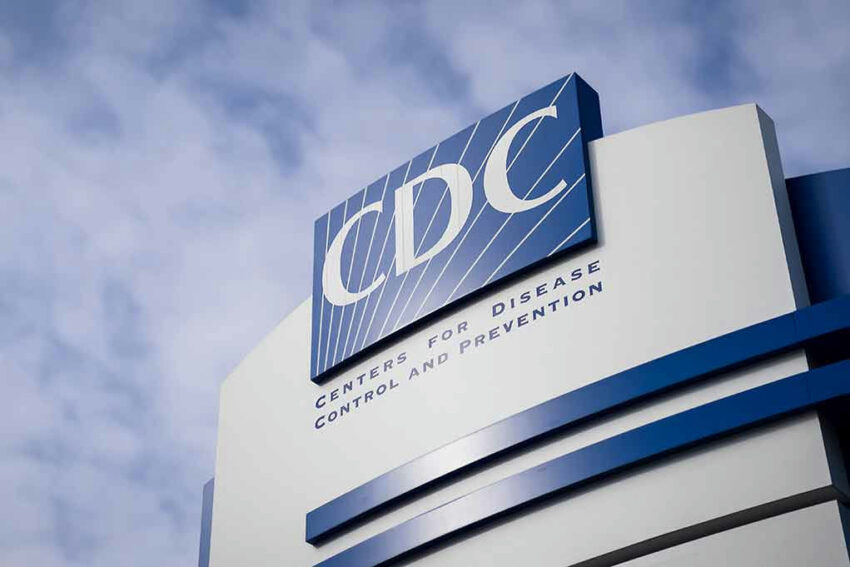Concerns rise as the CDC’s readiness for public health emergencies is threatened by severe underfunding and staffing shortages.
CDC’s Capacity Under Strain
The Centers for Disease Control and Prevention (CDC) is under mounting pressure as experts issue warnings about its diminishing capacity to handle public health emergencies. The combination of budget constraints and workforce shortages has left the CDC vulnerable, raising concerns about its ability to respond effectively to future crises. With the memory of the COVID-19 pandemic still fresh, the need for a robust public health infrastructure has never been more apparent.
Reports indicate that the CDC’s capacity to manage infectious disease outbreaks and natural disasters is hindered by a lack of adequate funding. This shortfall is particularly concerning given the recent surge in health emergencies, including outbreaks of H5N1 bird flu, tuberculosis, and measles, alongside extreme weather events that have further tested the CDC’s limits. Without renewed investment, experts warn that the nation may face catastrophic consequences in the event of a major health crisis.
Expert Warnings Amplified
Public health experts have been vocal about the necessity for immediate legislative action to bolster the CDC’s operational capacity. The Trust for America’s Health (TFAH) has highlighted the urgent need for modernizing public health systems and securing stable funding through its “Ready or Not” report. The report underscores the potential for increased morbidity and economic disruption if these issues are not addressed promptly.
The CDC has responded by launching the Priorities for Response Readiness (PRR) framework, aimed at accelerating preparedness and addressing existing gaps. However, the success of these efforts hinges on securing sufficient resources and legislative support. The ongoing debates in Congress over public health funding and the reauthorization of the Pandemic and All-Hazards Preparedness Act emphasize the critical need for a bipartisan commitment to strengthening the nation’s health defenses.
Implications for the Future
The implications of the CDC’s current challenges are far-reaching, with potential consequences for both short-term and long-term public health outcomes. In the immediate future, the reduced capacity for outbreak detection and containment poses a significant risk, increasing the likelihood of uncontrolled disease spread. Over the long term, the erosion of public trust in health institutions could exacerbate vulnerabilities to pandemics, bioterrorism, and climate-related disasters.
The broader impacts extend beyond public health, affecting sectors like healthcare, agriculture, and emergency management. The strain on healthcare systems and budgets, coupled with the political debates over funding priorities, underscores the urgent need for a coordinated response to bolster the CDC’s capabilities and protect the nation’s health.
CDC officials resign en masse over RFK Jr’s policies they warn will lead to deaths of children and vulnerable adults | The Independent https://t.co/quUOHHIhkX
— Steve Berkowitz (@steveberkowitz) August 28, 2025
As the nation grapples with these challenges, it is crucial for policymakers and stakeholders to prioritize investment in public health infrastructure. The CDC’s readiness to respond to emergencies is not just a matter of national security but a fundamental aspect of ensuring the safety and well-being of all Americans.
Sources:
CDC Emergency Management Foundations of Response
CDC Priorities for Response Readiness Executive Summary
CDC’s Priorities for Response Readiness
Ready or Not 2025: Protecting the Public’s Health from Diseases, Disasters, and Bioterrorism
Click this link for the original source of this article.
Author: Editorial Team
This content is courtesy of, and owned and copyrighted by, https://www.conservativecardinal.com and its author. This content is made available by use of the public RSS feed offered by the host site and is used for educational purposes only. If you are the author or represent the host site and would like this content removed now and in the future, please contact USSANews.com using the email address in the Contact page found in the website menu.





